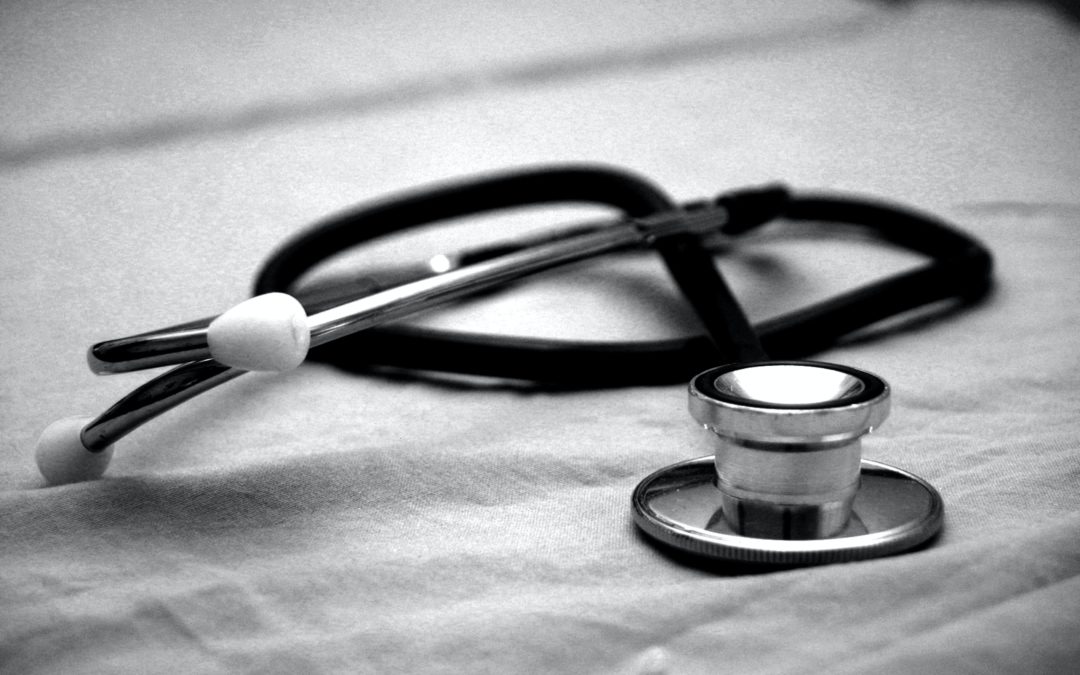(WASHINGTON, D.C.) —A Mississippi law banning abortions after 15 weeks will have a devastating impact on women with low incomes and Black women, according to an amicus brief filed in Dobbs v. Jackson Women’s Health by the Lawyers’ Committee for Civil Rights Under Law, The Leadership Conference on Civil and Human Rights, and 16 other prominent civil rights organizations on Monday.
Black women disproportionately rely on abortion care as a result of deficient state reproductive health policies, including limited sex education, lack of meaningful access to contraception and other reproductive health services, and failures to expand Medicaid. Yet, due to systemic discrimination, that access has been historically limited. If the Court upholds Mississippi H.B. 1510, pregnant people in Mississippi and in large regions of the United States will be unable to access their constitutional right to abortion altogether.
“Our fight for the civil rights of Black and Brown people must include access to reproductive health care and abortion care, said Damon Hewitt, president and executive director at the Lawyers’ Committee for Civil Rights Under Law. “Depriving women of this particular constitutional right restricts their ability to exercise bodily autonomy, and can severely limit their economic opportunities. We know abortion access is especially critical for Black women and other women of color, who already face staggering wage gaps driven by race and gender discrimination. In these ways, abortions rights present a clear economic justice issue.”
“Everyone should have access to safe and affordable health care, including abortion services,” said Wade Henderson, interim president and CEO of The Leadership Conference on Civil and Human Rights. “Mississippi’s abortion ban is unconstitutional, irresponsible, and puts the lives of pregnant people at risk, particularly Black and Brown women and women living with low incomes. We are proud to join our colleagues in telling the Supreme Court they must do what is right for people in Mississippi and across the country and uphold Roe v. Wade.”
Increased abortion access has been shown to have a positive economic impact on pregnant people, and the financial consequences of abortion denial can be severe, further exacerbating existing economic inequities. When people can decide if, when, and how many children to have, they can make conscious determinations about other aspects of their lives, including education and work. Women in states with better reproductive healthcare face less occupational segregation, increased job mobility, and increased access to non-wage benefits such as paid sick days, leave, and promotions. Several states—including Louisiana, Alabama, Georgia, South Carolina, Tennessee, Kentucky, Ohio, Arkansas, Missouri, Iowa, North Dakota, Utah, and Oklahoma—are poised to enforce pre-viability abortion bans that will affect the right for millions of people around the country.
If these laws are allowed to take effect, they will radically curtail abortion access for systemically marginalized communities. Pre-viability bans will reinforce a two-tiered system of abortion access in states that heavily regulate abortion, especially in low-income communities, where people of color will be disproportionately excluded. Women across the nation deserve equitable access to abortion care and the freedom to make personal health decisions in safe and sustainable communities.
Read the amicus brief here.
###
About the Lawyers’ Committee for Civil Rights Under Law – The Lawyers’ Committee for Civil Rights Under Law (Lawyers’ Committee), a nonpartisan, nonprofit organization, was formed in 1963 at the request of President John F. Kennedy to involve the private bar in providing legal services to address racial discrimination. The principal mission of the Lawyers’ Committee for Civil Rights Under Law is to secure, through the rule of law, equal justice for all, particularly in the areas of voting rights, criminal justice, fair housing and community development, economic justice, educational opportunities, and hate crimes.
About The Leadership Conference on Civil and Human Rights – The Leadership Conference on Civil and Human Rights is a coalition charged by its diverse membership of more than 220 national organizations to promote and protect the rights of all persons in the United States. The Leadership Conference works toward an America as good as its ideals. For more information on The Leadership Conference and its member organizations, visit www.civilrights.org.


